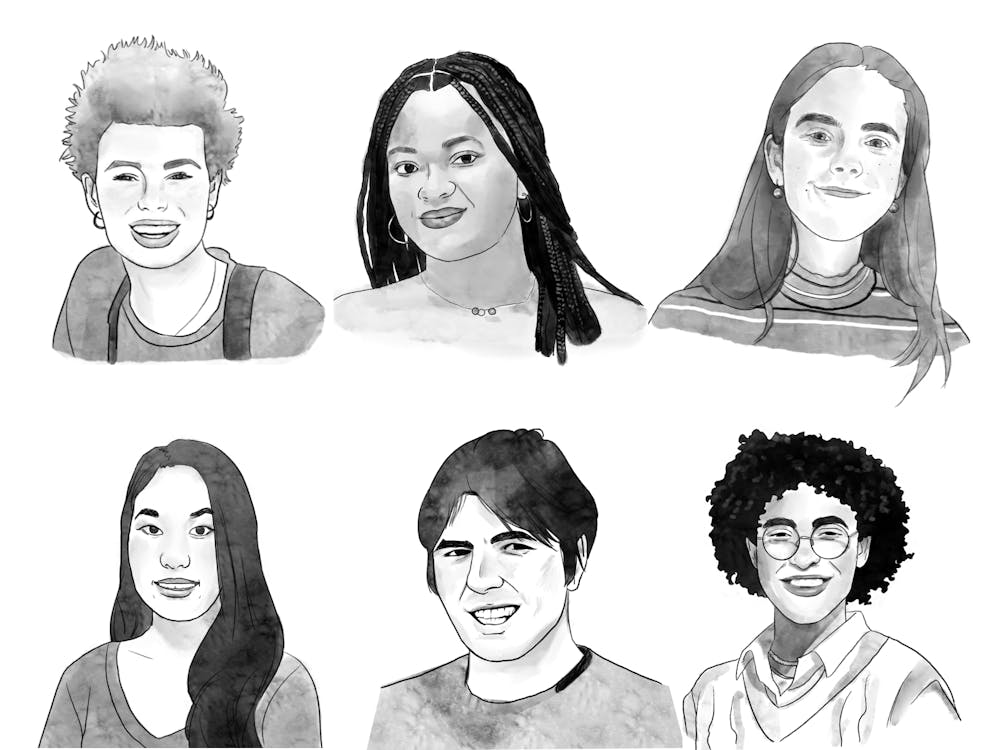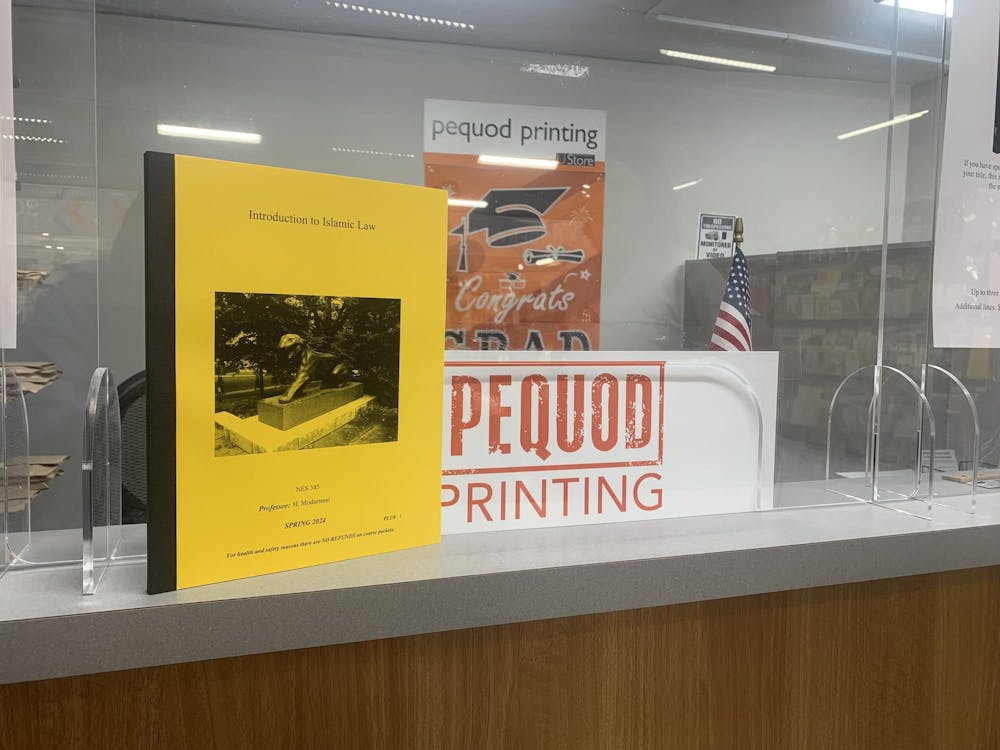Initially, I did not understand the rage in response to Urban Congo. I was indifferent to the performance and found it nothing more than slightly amusing. This reactionarguablyoccurred for many reasons, not least of which is the fact that I am not a minority. However, once the extent of the backlash became apparent, I was very interested in learning exactly what the issue was and, more importantly, why it warranted such extreme action against the offending parties. So naturally, I tried engaging the offended parties seeking clarification on the issue. The response I received was perhaps the least productive and least convincing discourse I have ever encountered.
It’s no secret that most of the discussion regarding Urban Congo unfolded on Facebook, so naturally this was the forum for much of my debate. After reading an overt censure of the student body and a public outcry against the high emotional toll minority students must pay at this school, a friend and I decided to push back. A polite rebuttal and request for clarification quickly devolved into a heated discussion on race and cultural appropriation. I fully expected an exhaustive debate given the complexity and deep-rooted emotions surrounding the issue. Yet, almost immediately my criticisms were dismissed and belittled because of my (purported lack of) race and so called ignorance regarding the issue. There was a disturbingly common willingness of people to dismiss intellectual arguments and to gawk and insult dissenters for even questioning the validity of their response. Even asking for simple clarification was marked as disrespectful because somehow, the onus of proving their points was placed on me, and I was insulted for not researching their opinions enough. Here are a few select quotes from the discussion, all receiving substantial “likes” and support.
"But the thing is this: Why do we need to explain why this is wrong?"
"You have Princeton students from Cameroon, Nigeria and Ghana speaking about their disgust. They shouldn't have to assert anything."
“You are not a minority. You don't have a poker chip in this game.”
And my personal favorite, "No, *****, there does NOT need to be a "formal discourse" whenever someone is offended. Are you kidding me? That is absurd. Who needs this "formal discourse"?
The default response seems to be zealous rhetoric and spiteful criticisms. The prevailing emotions are anger and contempt. Worst of all is the assumption that any sort of dissent, no matter how respectful, is fueled by covert racism or a malicious intention. For the record, I do not doubt that many people were offended by Urban Congo. Clearly that’s not up for debate. However, it seems that those offended think that simply stating that minority students have been offended is a universally acceptable justification for any demands the offended parties have, including the absurd mandate of expelling those students involved with Urban Congo. Certainly, offense and suffering is a net negative on society that I am entirely in favor of eliminating. But simply stating that you are offended does not afford you the right to make demands on other’s behaviors and lives. This requires further justification.
Here is an analogy to flip the tables. There are many members of the religious right who find gay marriage appallingly offensive. Does this mean that devout Christians who are offended by gay rights can demand that the gay community curb their behavior simply on the grounds that it is offensive? Does this mean they do not have to justify their offense? Certainly not. The religious right doesn't have a logical justification for restricting marriage to only a man and a woman, and I'm very ready and willing to offer a strong defense of why marriage is most fair when applied equally to any sexual orientation. Of course, the threshold for justifying offense is far greater in the case of gay marriage because it affects the course of people’s entire lives, whereas disbanding a comedy troupe probably won’t make much difference in the long run. But the point is fundamentally the same. Just because you are offended does not inherently mean that my actions are wrong.
I entered into a discussion ready and willing to change my opinions if sufficient justification was offered. Instead, I was dismissed because of my race and insulted because my opinion did not align with an absurdly overhyped narrative. Now, I’m not standing here asking for sympathy for being white. Many would be quick to point out that I certainly don’t need sympathy, and I completely agree. I’m simply acknowledging the fact that fighting discrimination with discrimination is counterproductive, not to mention ironically hypocritical. Take it from somebody who has a differing opinion: I’m far less willing to take the issue seriously now if what I heard is the extent of justification that exists on the other side. The uproar surrounding Urban Congo has clearly not been fruitless. At the very least, it has gotten me to reflect quite a bit on the issue of race and culture. But it has failed entirely at generating sympathy and gathering support from the very audience it alienated —the would-be dissenters and people who were genuinely interested in exploring the many facets of the issue.
I applaud the administration and their recent espousal of open discourse and free speech regardless of its offensive nature or apparent political incorrectness. And yet, how was the administration’s attempt to mitigate constructive discourse met? Oh, that’s right, with open protest to University President Eisgruber ’83 in the midst of the Chapel meeting held explicitly to address the concerns of the offended parties. Many opinions may indeed be disrespectful, insensitive, misinformed or worse. I am very willing to accept that my opinions may be profoundly ignorant. However, if you refuse to engage me and instead choose to dismiss my opinions because of my race (or lack thereof), how can you expect me to listen to yours?
ChristianWawrzonek is a computer science major from Pittsburgh, Pa. He can be reached atcjw5@princeton.edu.









